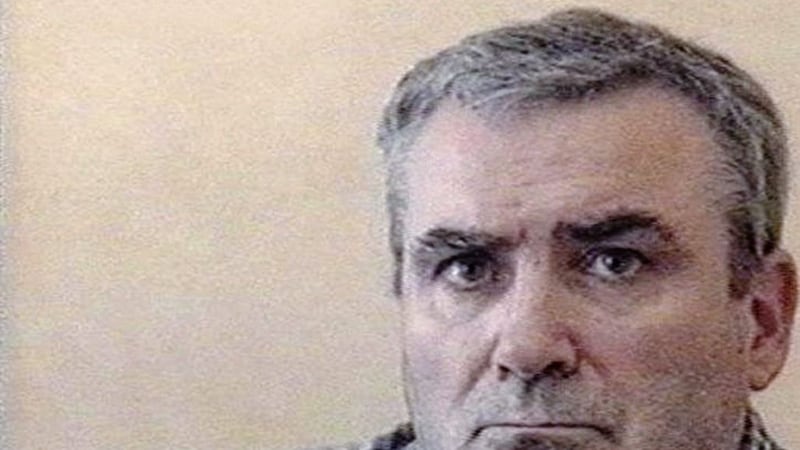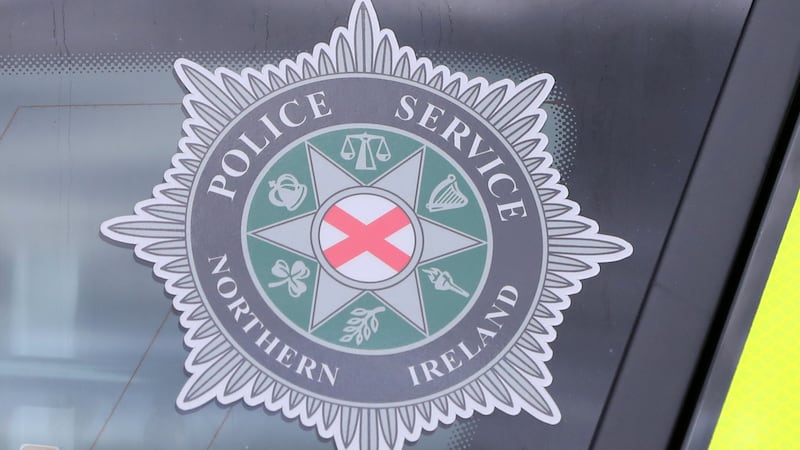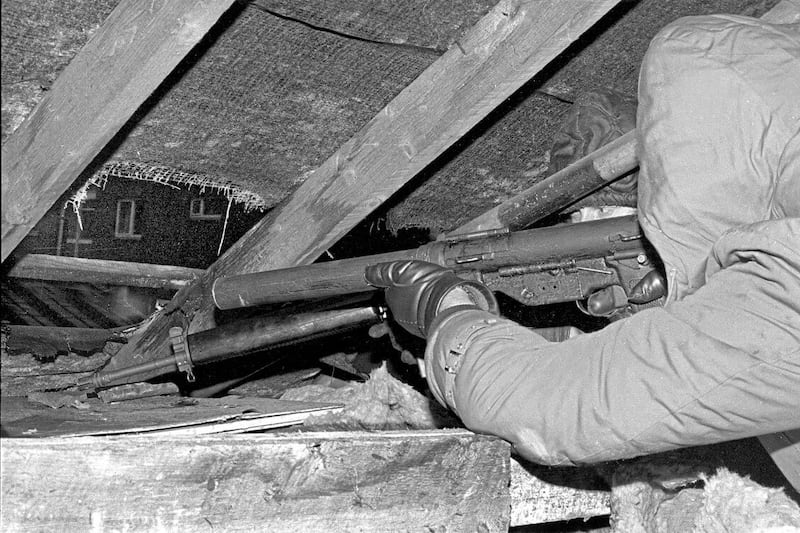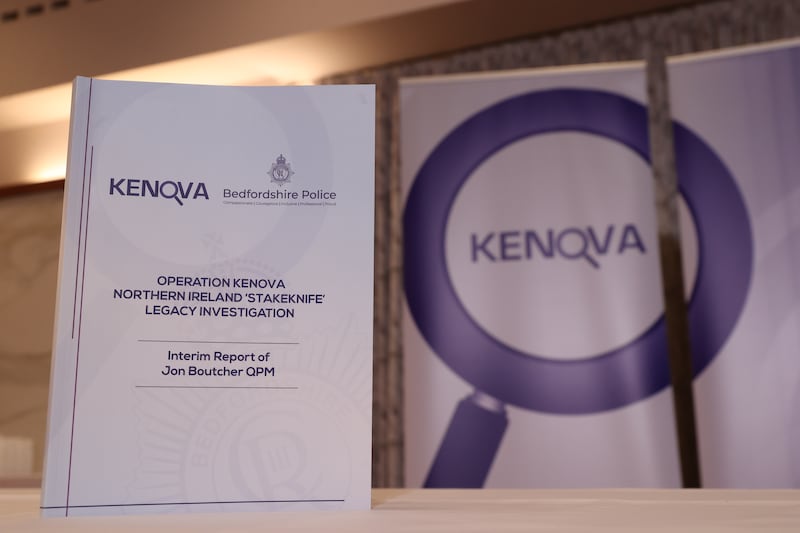A decision not to bring perjury charges against a west Belfast man for denying his role as the top British agent Stakeknife was flawed, the High Court heard today.
Lawyers for the father of an IRA murder victim claim there was enough evidence to meet the test for having Freddie Scappaticci face criminal proceedings.
Frank Mulhern is challenging the Public Prosecution Service over its alleged failure to bring a case against the 72-year-old.
Judgment was reserved in his application for leave to seek a judicial review.
The case centres on an affidavit sworn by Scappaticci in 2003 during his own failed attempt to force the British government to state publicly that he was not the highest-ranking spy inside the IRA.
Mr Mulhern's legal team contend that the PPS acted unlawfully when it originally decided in 2006 not to prosecute on the basis of that statement.
Even though that decision was later set aside, they argue that the continued failure to charge Scappaticci with perjury cannot be justified.
Hugh Southey QC told the court: "It does appear on the face of it there's sufficient evidence to potentially meet the evidential threshold under the (prosecutors') code.
"Its accepted now that the original decision not to prosecute, which was originally challenged in these proceedings, was flawed."
Counsel questioned how the alleged agent could mount a defence to any charge by relying on a claim of acting out of necessity based on fears for his life.
Earlier this year Scappaticci was reportedly arrested, questioned and released on police bail as part of a major and ongoing investigation into Stakeknife's activities.
Codenamed Operation Kenova, the probe headed up by Bedfordshire Chief Constable Jon Boutcher is examining dozens of IRA murders linked to the undercover agent - including the killing of Mr Mulhern's son in 1993.
Joseph Mulhern (23) was abducted, interrogated and shot by the IRA, who accused him of being a police informer.
His body was dumped on a remote hillside near Castlederg, Co Tyrone.
Scappaticci left Nothern Ireland in 2003 after he was named in the media as Stakeknife.
Before quitting his home he vehemently denied being the spy while in charge of the IRA's internal security team, the so-called 'Nutting Squad'.
Focusing on the issue of any alleged perjury, Mr Southey claimed the failure to bring charges was difficult to justify.
"When looking at a decision of this nature and whether it's in the public interest, public confidence in the independence of the prosecution service and it's willingness to hold other public authorities to account is obviously very important."
During exchanges, Lord Chief Justice Sir Declan Morgan said there was "no doubt" Mr Mulhern and other bereaved relatives are regarded as victims of the murders allegedly committed by Stakeknife.
But he questioned whether they have the same status when it came to consultation about any decisions on suspected perjury.
Mr Southey responded that his client and the other families should "absolutely" be characterised as victims.
"They have a real interest in knowing (about the alleged perjury)," he insisted.
Counsel for PPS previously confirmed the legal challenge was being resisted due to Operation Kenova's continuing inquiries.
He argued that the proceedings were an attempt to compel the Director of Public Prosecutions to take a decision before an investigation which is examining the perjury claims is completed.
Sir Declan, who heard the case with Mrs Justice Keegan, is expected to deliver judgment within weeks.







